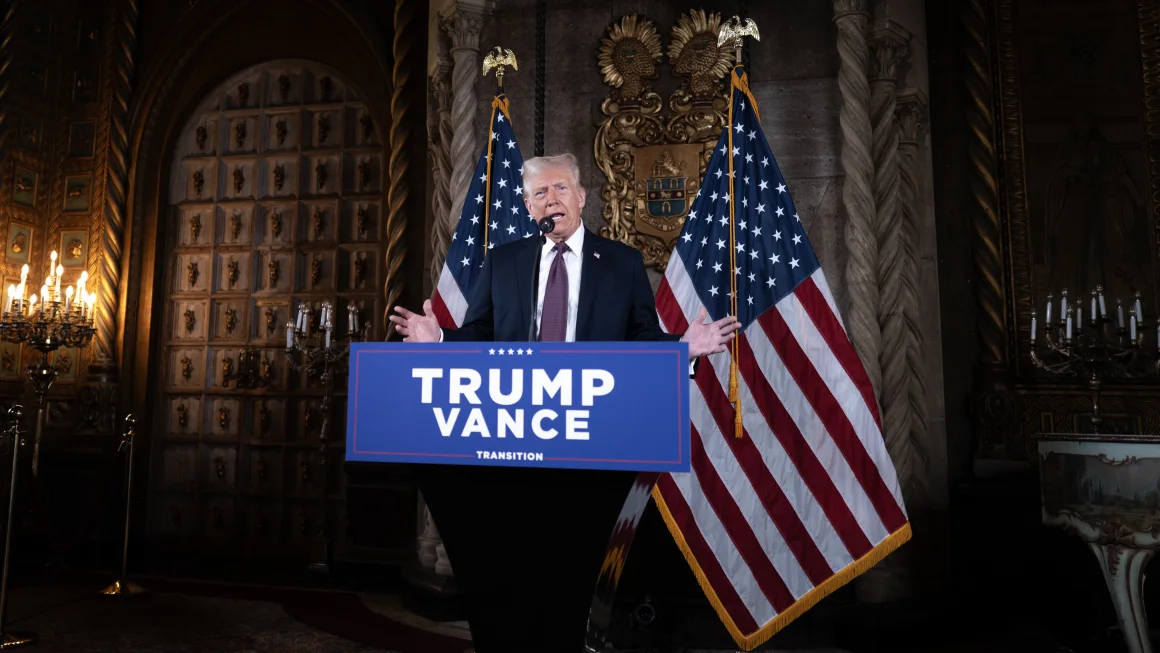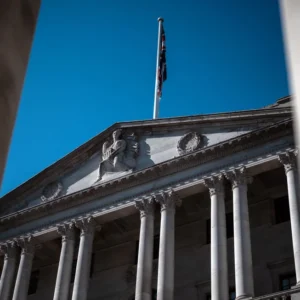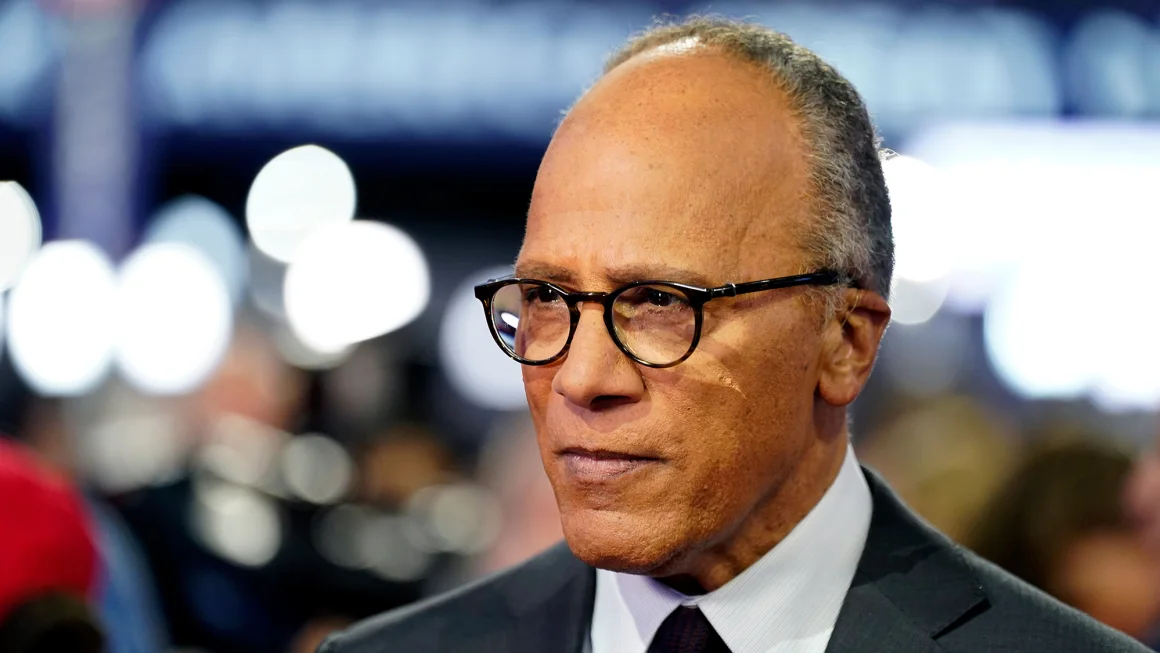Los Angeles, January 2025 – As wildfires ravaged parts of Los Angeles this month, a parallel crisis of misinformation spread across social media, with posts sharing conspiracy theories and false claims about the disaster. This scenario highlights a pressing question in the digital age: how should platforms combat misinformation effectively?
Meta CEO Mark Zuckerberg has announced a major shift in the company’s approach. The platform is replacing its traditional fact-checking program with a community-driven system inspired by X’s (formerly Twitter) “Community Notes.” This new model will rely on unpaid volunteers to identify and correct misinformation. Zuckerberg justified the change by criticizing professional fact-checkers as politically biased and ineffective, particularly in the U.S.
The New Model: Scaling Up
Meta’s new system borrows from X’s algorithm-driven “Community Notes,” which uses diverse user input to evaluate the accuracy of posts. The program claims to improve scalability, offering thousands of fact checks daily compared to the limited output of professional teams. Studies suggest community notes can reduce misinformation’s spread and even encourage users to delete false posts.
Supporters argue this crowdsourced approach could bridge divides, as the algorithm requires agreement among contributors with differing perspectives. Keith Coleman, head of Community Notes at X, praised Meta’s adoption, claiming it allows for broader, faster fact-checking.
Criticism and Concerns
However, the move has drawn sharp criticism. Fact-checking professionals argue that community-driven systems lack the expertise to tackle dangerous misinformation. Critics also worry the shift may allow harmful narratives to flourish, especially as Meta loosens content rules on divisive issues like gender and immigration.
Baybars Orsek, managing director of Logically Facts, emphasized the need for professional oversight, warning that volunteers alone may struggle with the consistency and expertise required to counteract the most harmful falsehoods.
Others see the decision as pandering to political pressures, particularly from conservatives who allege Big Tech platforms censor their views.
Balancing Act
Meta’s new approach relies heavily on algorithms to ensure broad trust and prevent bias. Yet challenges remain. Most proposed community notes are never published, raising concerns about missed opportunities to correct misinformation.
Zuckerberg has acknowledged the risks, admitting the platform may now miss more harmful content. This has led some experts to call for a hybrid system combining crowd-sourced notes with professional fact-checkers.
As Meta embarks on this new chapter, the effectiveness of community notes in curbing misinformation at scale remains to be seen. For now, the debate continues over the best way to strike a balance between free speech and the fight against misinformation.














